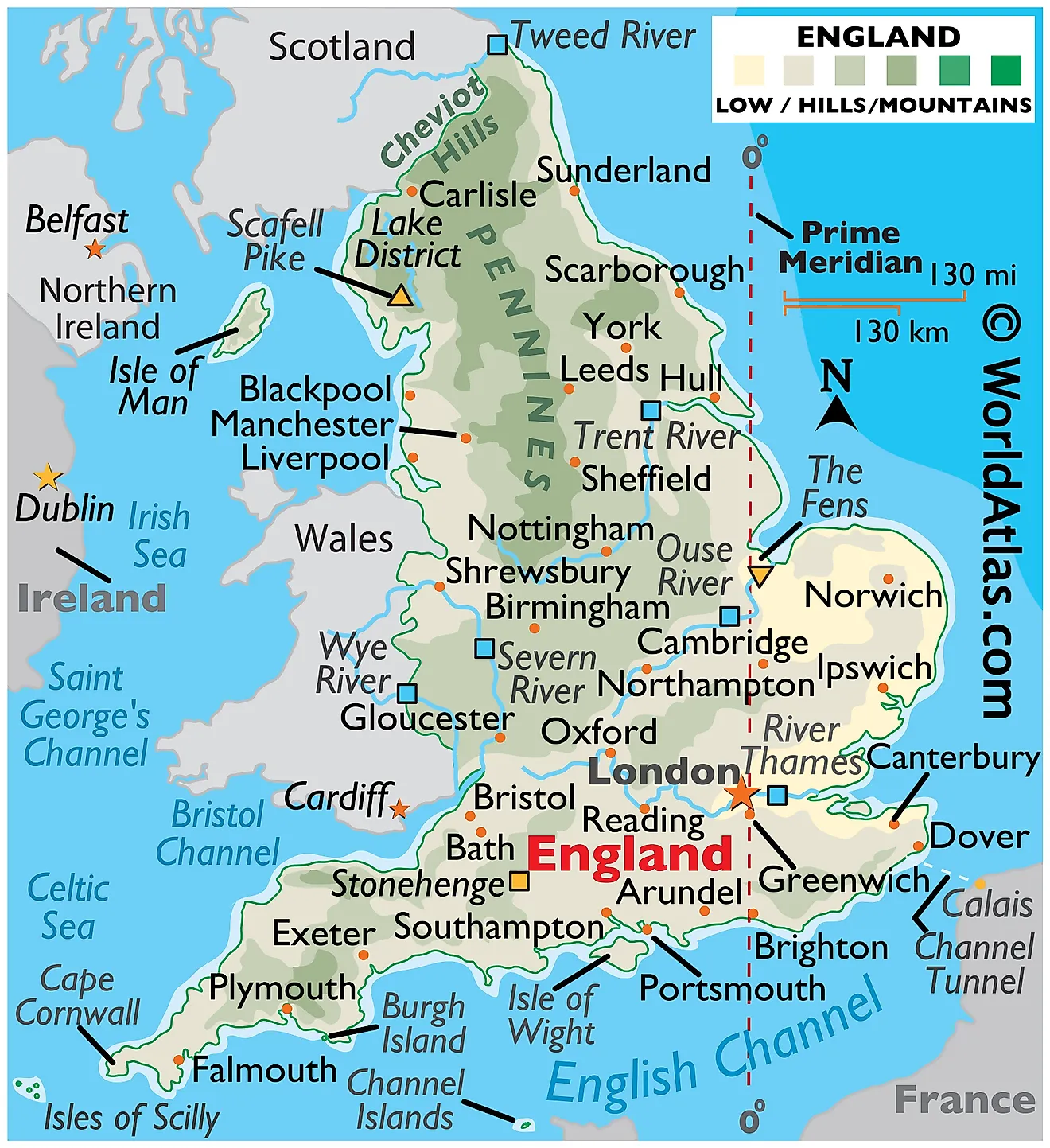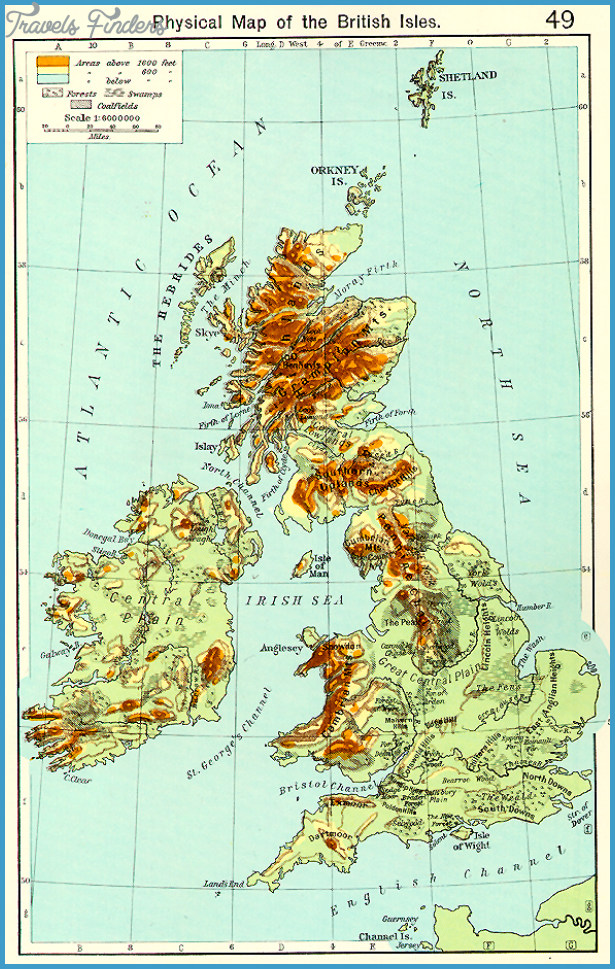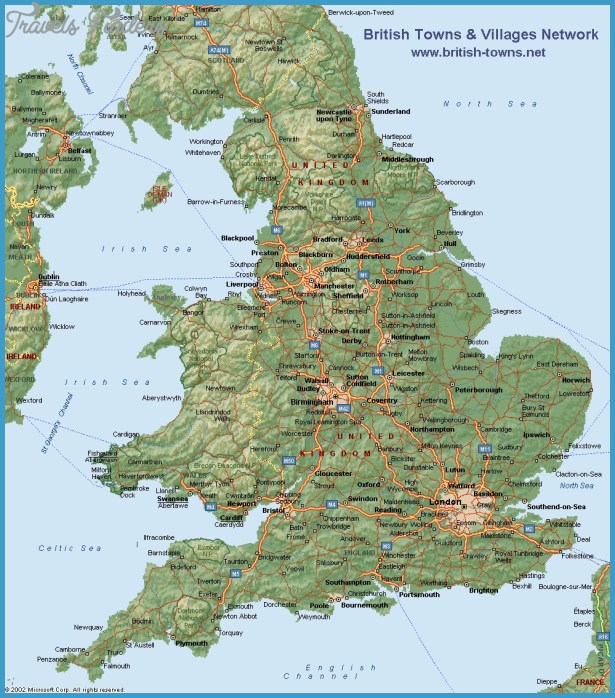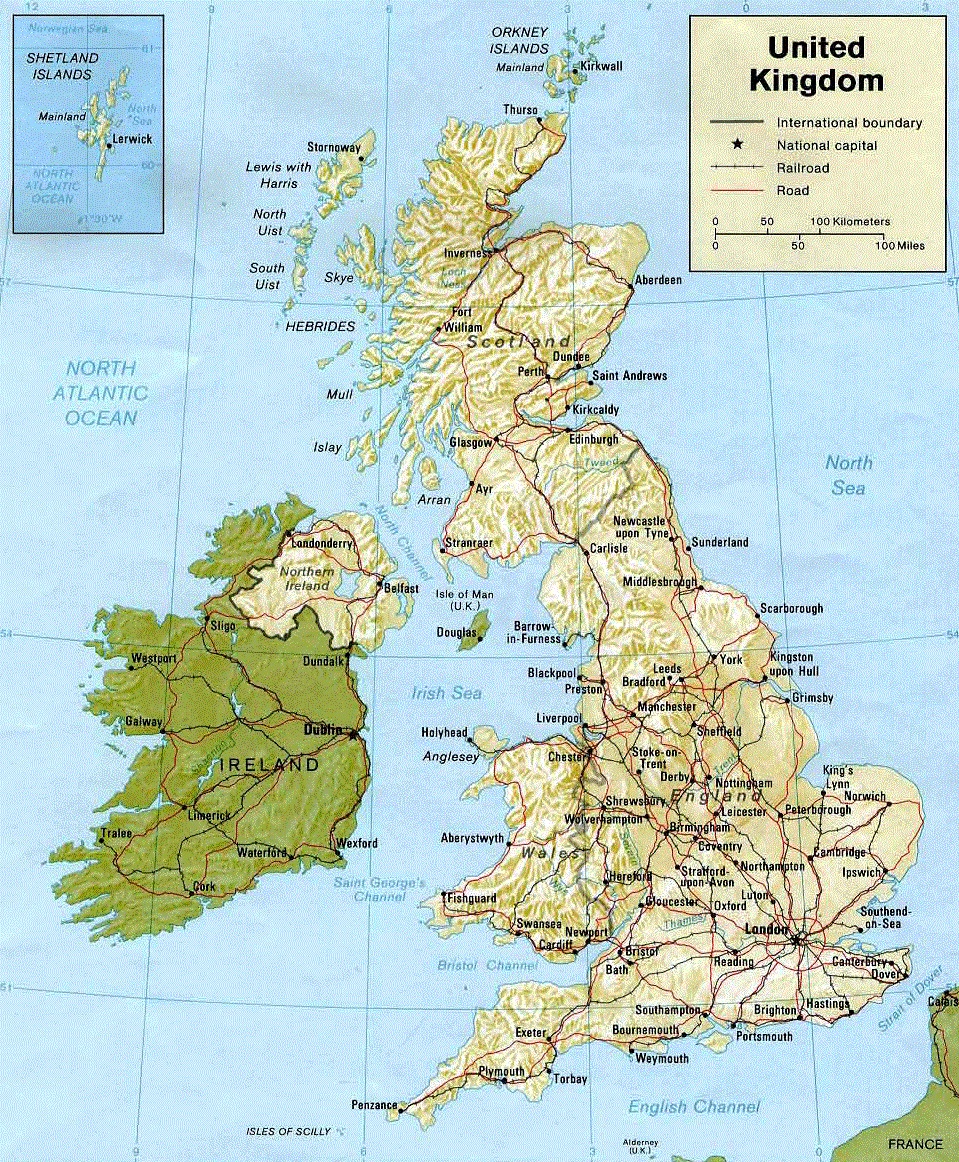England’s Place in the World: A Geographical Perspective
Related Articles: England’s Place in the World: A Geographical Perspective
Introduction
In this auspicious occasion, we are delighted to delve into the intriguing topic related to England’s Place in the World: A Geographical Perspective. Let’s weave interesting information and offer fresh perspectives to the readers.
Table of Content
England’s Place in the World: A Geographical Perspective

England, a nation steeped in history and cultural influence, occupies a prominent position on the world map. Its geographical location, nestled in the northwestern corner of Europe, has profoundly shaped its development and continues to influence its role in the global arena.
Understanding England’s Location
England is an island nation, forming part of the larger British Isles, which also includes Scotland, Wales, and Northern Ireland. It is separated from mainland Europe by the English Channel, a body of water that has served as both a barrier and a conduit for cultural exchange.
Latitude and Longitude
England’s geographical coordinates are approximately 52.5° N latitude and 0° longitude. This places it in the temperate zone, experiencing a moderate climate with four distinct seasons.
Island Nation Advantages
England’s island status has historically provided a degree of natural defense, shielding it from potential invasions. This isolation also allowed the development of a distinct cultural identity, free from direct interference from neighboring nations.
Strategic Location in Europe
England’s position on the western edge of Europe has made it a key player in international trade and diplomacy. Its proximity to mainland Europe has facilitated the flow of goods, ideas, and people across the continent, contributing to England’s economic and cultural development.
The Impact of Geography on English Culture
England’s location has had a profound impact on its culture. The island’s relatively small size and diverse landscape have fostered a sense of national unity, while its proximity to mainland Europe has led to a rich cultural exchange.
England’s Influence on the World
England’s geographical location has played a significant role in its global influence. Its naval power, built on its island status and access to the Atlantic Ocean, allowed it to establish colonies and trade routes around the world. This, in turn, led to the spread of English language, culture, and legal systems.
Engaging with England’s Geographic Significance
Understanding England’s location on the world map provides a deeper appreciation for its historical development, cultural identity, and ongoing role in international affairs.
Frequently Asked Questions (FAQs)
Q: What is the capital city of England?
A: London, located on the River Thames, is the capital city of England.
Q: What are the neighboring countries of England?
A: England shares land borders with Scotland and Wales, and is separated from France and other European countries by the English Channel.
Q: What are the major geographical features of England?
A: England’s landscape is varied, featuring rolling hills, coastal cliffs, fertile valleys, and upland areas. The River Thames, flowing through London, is a significant waterway.
Q: What are the main industries in England?
A: England’s economy is diverse, with major industries including finance, manufacturing, tourism, and technology.
Tips for Understanding England’s Location
- Use a world map: Familiarize yourself with the geographical location of England in relation to other countries.
- Explore online resources: Utilize online maps and geographical information systems (GIS) to gain a better understanding of England’s location and its surrounding areas.
- Read about English history: Understanding England’s historical development, particularly its maritime history, can provide insights into the significance of its location.
- Travel to England: Experiencing England firsthand will provide a deeper appreciation for its unique geographical features and cultural landscape.
Conclusion
England’s location on the world map is a testament to its historical development and global influence. Its island status, proximity to mainland Europe, and temperate climate have shaped its culture, economy, and international relations. By understanding England’s geographical context, we gain a greater appreciation for its unique place in the world.


:max_bytes(150000):strip_icc()/GettyImages-157482436-b94bc2df41ee43d68852e6e3aa672ecc.jpg)





Closure
Thus, we hope this article has provided valuable insights into England’s Place in the World: A Geographical Perspective. We hope you find this article informative and beneficial. See you in our next article!
